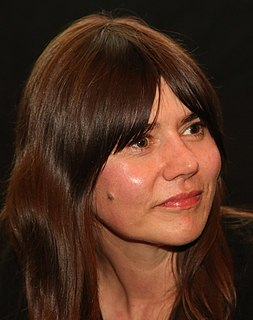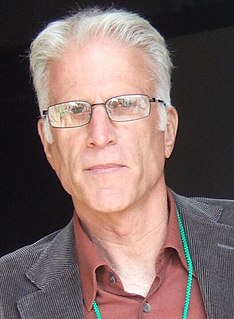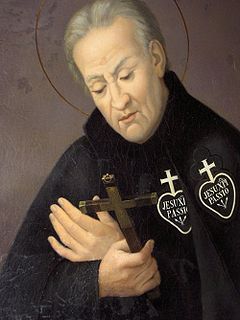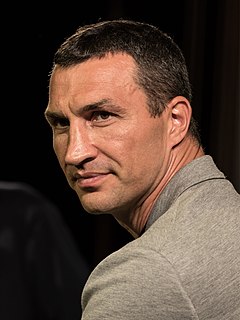A Quote by Kevin Macdonald
With 'Black Sea,' I long had an idea that I wanted to do a film about people stuck on the bottom of the ocean. I thought that was a terrifying scenario.
Related Quotes
I was fascinated by making a submarine movie, inspired by the Kursk disaster. This idea of being trapped down at the bottom of the sea seemed so terrifying. I was very interested in making a sub film which wasn't a military film. You think, Well, why are they there, then, if they're not in the military? Oh, well, they must be looking for treasure.
I wanted to make a film about anorexia. I thought about it for a long time, but then gave up on this idea as I felt that this theme would be so hermetic and closed that it would not reach an audience. However, the plot about the character of Olga and the idea that a body has a lot of different meanings were still present in my mind.
The ocean is the source of life. We all come from there. I think about these one-celled creatures, and I think about the planet. It is related to my obsession with biology, even if it's only a layperson's obsession. The way I visualise what's at the bottom of the ocean is very much to do with how I feel when I'm swimming in the sea.
I had this idea for a long time to make a film about a poet in Paterson named Patterson. I wanted him to be working class. Eventually I thought a bus was a perfect visual way to move him, to drift him through the city, to have a measured kind of routine lifestyle. And all these things kind of congealed into the film "Paterson" eventually.
Of all my films, people wrote to me most about this one... ...I had wanted to make The Idiot long before Rashomon. Since I was little I've liked Russian literature, but I find that I like Dostoevsky the best and had long thought that this book would make a wonderful film. He is still my favourite author, and he is the one - I still think - who writes most honestly about human existence.
I had wanted to place the Eye-in-the-Sea at an oasis on the bottom of the ocean, in some site rich with life that was likely to be patrolled by large predators. The first time I got to test the camera at such a place was in 2004, in the north end of the Gulf of Mexico, at an amazing location called the brine pool.
The industrial way we fish for seafood is harming the marine habitats that all ocean life depends upon. Indiscriminate commercial fishing practices that include miles of driftnets, long lines with thousands of lethal hooks and bottom trawls are ruining ocean ecosystems by killing non-seafood species, including sea turtles and marine mammals.
The very first idea I ever had about making a film... my first thought about ever being a filmmaker was when I was sixteen years old and I wanted to make a Viking movie. And I wanted to make it in old Norse, which I was studying at the time. It's odd because at that age that's a stupidly ridiculous idea 'cause how will I ever be a filmmaker.
I met Michael Snow and Stan Brakhage the second day after I arrived, you know. I had never seen or heard of Brakhage. For me, it was a revolution, because I was well educated in film, but American-style experimental film was known to me in the abstract, and I had seen practically nothing. I had seen a film then that Noël Burch had found and was distributing called Echoes of Silence. It was a beautiful film, three hours long. It goes forever and it was in black and white, very grainy, and I saw that film and I thought...it was not New Wave. It was really a new concept of cinema.




































